I’m incredibly late with this Best Of list, but no one really cares, so let’s just get on with it.
Best Metal Album of 2018

Magus
Thou has had an incredible year. They released 3 EPs leading up to the release of this full-length album. And they didn’t stop there, teaming up with Ragana for a split album a couple months later. The album, of course, is the centerpiece, and one of my most listened-to albums of the year.
At over 75 minutes, it’s a lot to take in. It’s also more patience-testing than their previous full-length, Heathen, which colored their aural misery with acoustic interludes, as well as some strings, horns, and clean vocals. It also featured faster, black metal-inspired passages. Magus offers less reprieve. There are three interlude tracks, one of which does feature clean vocal passages like you might hear on Heathen, but two of which are dark ambient/noise, along the lines of the Inconsolable EP.
Thou rejects the categorization as being a metal band, and this is reflected in both their lyrical themes (which get about as far from the standard metal tropes as possible), as well as the company they keep (their collaborations and touring partners often either exist on the same trope-rejecting metal fringe as themselves, our outside the sphere of metal entirely). That said, there’s no other accurate genre label for music that is as heavy and extreme as this, so metal it is.
It was a tough battle for the top of my list this year. The kicker for Thou was that I simply never got tired of listening to this album or their other releases that make this list. Because the moment-to-moment experience of this album connected so well with me, the length of the album worked to its benefit, keeping it from ever wearing on me. It still sounds fresh to me, with parts I don’t feel like I’ve fully explored.
The Rest of the Best

Stolen Absolution
This album released in February, yet I nearly missed it completely, discovering it very very late. Within a week, I was debating whether or not this was going to unseat Thou for my top spot. It won me over that quickly and completely.
Similar to Thou, Oryx is blackened sludge, blending that slower, crushing instrumental approach of doom with harsh, searing vocals. Also like Thou, the vocal themes stray far from metal tropes and instead are rooted in real-world concerns, both of the sociopolitical variety as well as the kind of fury at ecological destruction that would make Gojira proud.
Oryx on this album is a duo, a husband-and-wife team (husband on vocals and guitar, wife on drums), though the group has since added a third member on bass.
This album has the best flow and sequencing of any album this year. At 34 minutes long, it’s practically bite-sized compared to the Thou album, but the flow is so amazingly good and the album ends on such a high note that it demands hitting the Play button again as soon as it ends. It was probably my most immediately repeat-played album of any on this list.
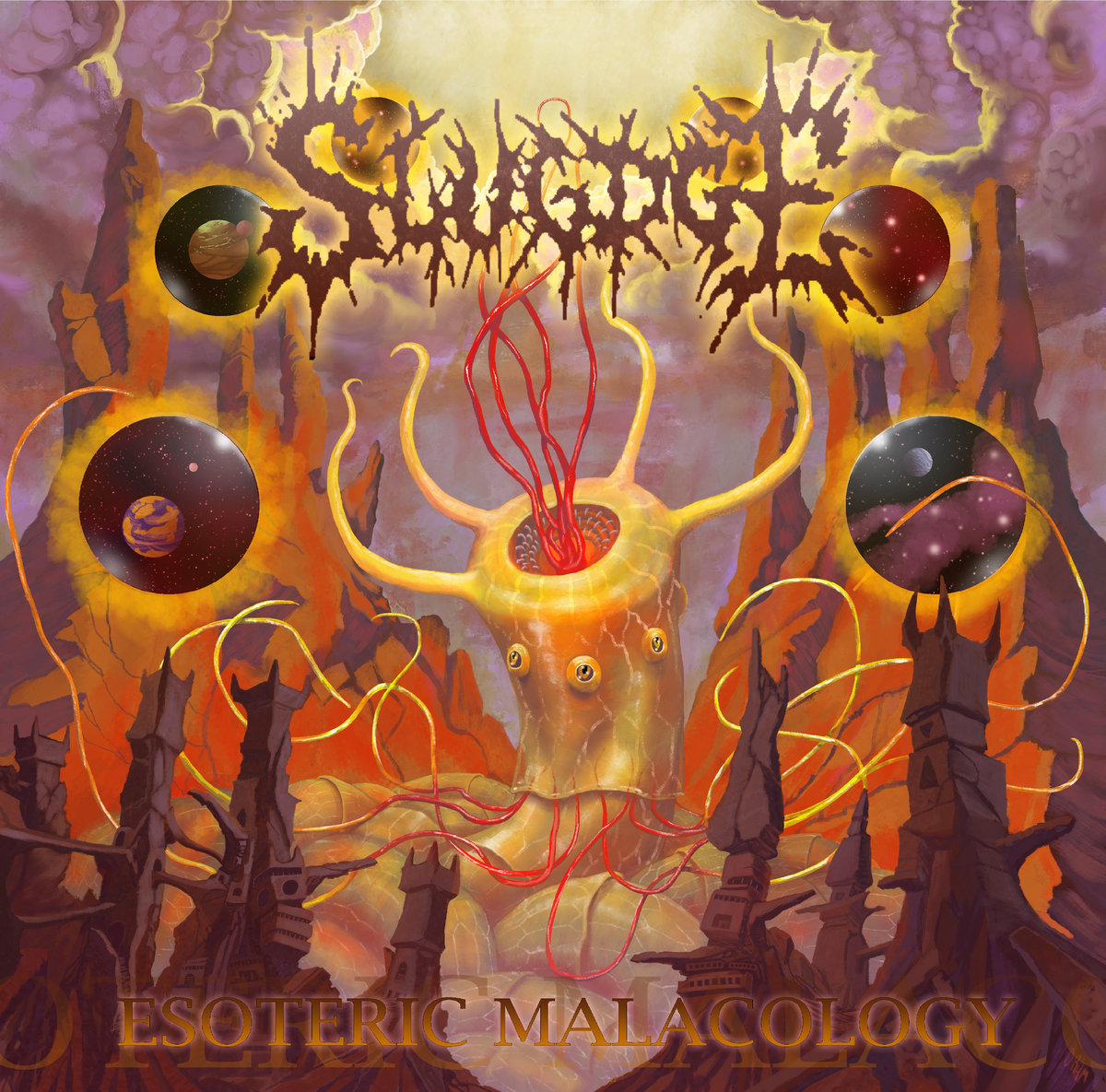
Esoteric Malacology
This was penciled into my top spot for most of the year, until Thou came along and unseated it.
Esoteric Malacology is one the most “fun” tech-death metal albums you’re likely to ever hear. The album is just an amazing collection of riffs, which the band flies through in songs that are much more melodic and approachable than other tech-death bands. It almost seems wrong to label them tech-death, just because it all moves so effortlessly and goes down so easy for something that’s actually as intricate and heavy as it is.
In keeping with my first two albums on this list, Slugdge doesn’t exactly stick with standard metal lyrical themes either. Or, rather, they take those tropes and make them all about, well, intergalactic space slugs. Except the humorous, tongue-in-cheek tales of space slugs are metaphors for much more real-world social and geopolitical concerns.
“The Spectral Burrows” is also my pick for the best single song of the year.
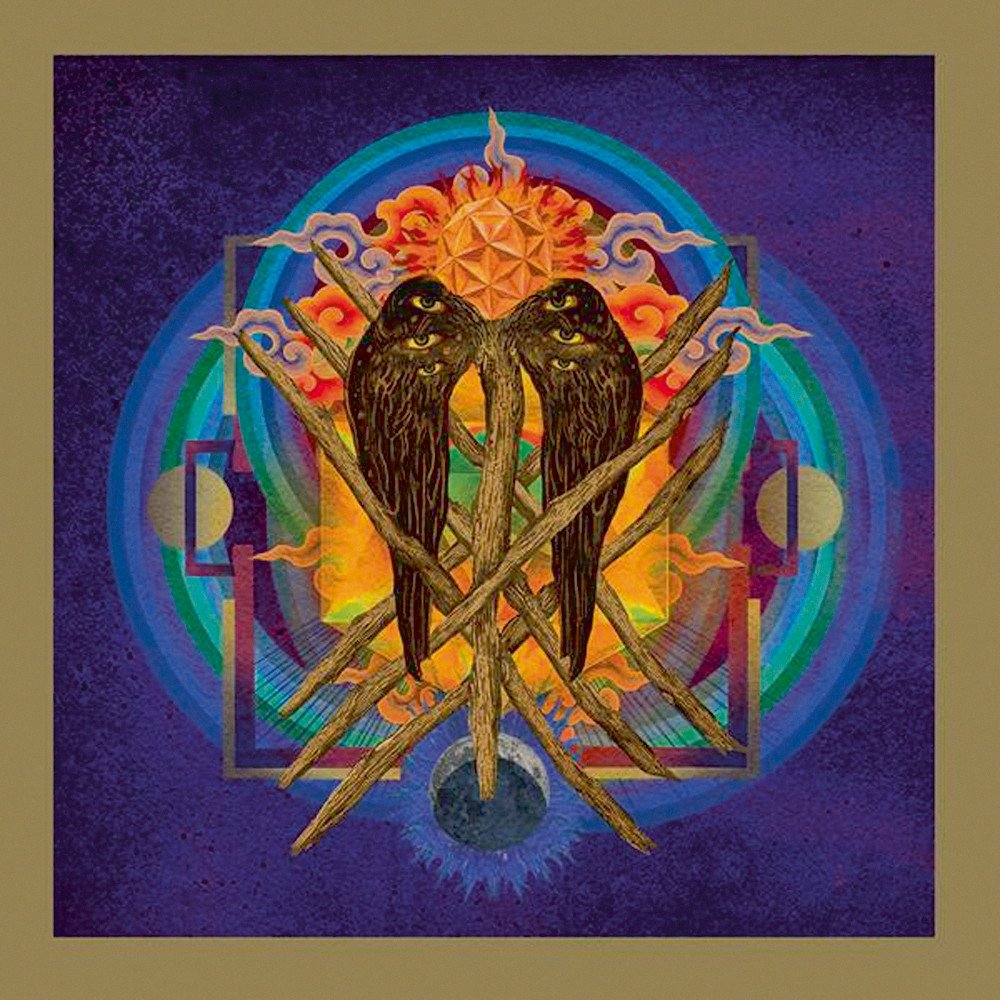
Our Raw Heart
Easily the most emotionally draining album of the year.
It’s impossible for me to listen to this album without relating it to bandleader Mike Scheidt’s life-threatening health problems, the experience which reverberates deeply throughout this album. A lot of metal albums I like have a “gazing into the void” quality, but this one is more like one about a man that gazed into that void, and came back from it, fundamentally affected and permanently changed.
YOB albums have always had a significant emotional component - there’s a reason their website is “yobislove.com”. Whereas many stoner/doom bands have long tapped into the sounds of ‘60s/'70s psychedelia, YOB has always drawn from that hippie love spirit that inspired that music in the first place.
The fundamental elements of YOB’s sound have not changed here. It’s still long-form “cosmic doom”, which delivers massive, powerful sounds. There’s no anger here, but there are echoes of pain. Listening to a man who returned from near-death howling the vocal lines “there is nothing else / this is all there is” is profoundly affecting.
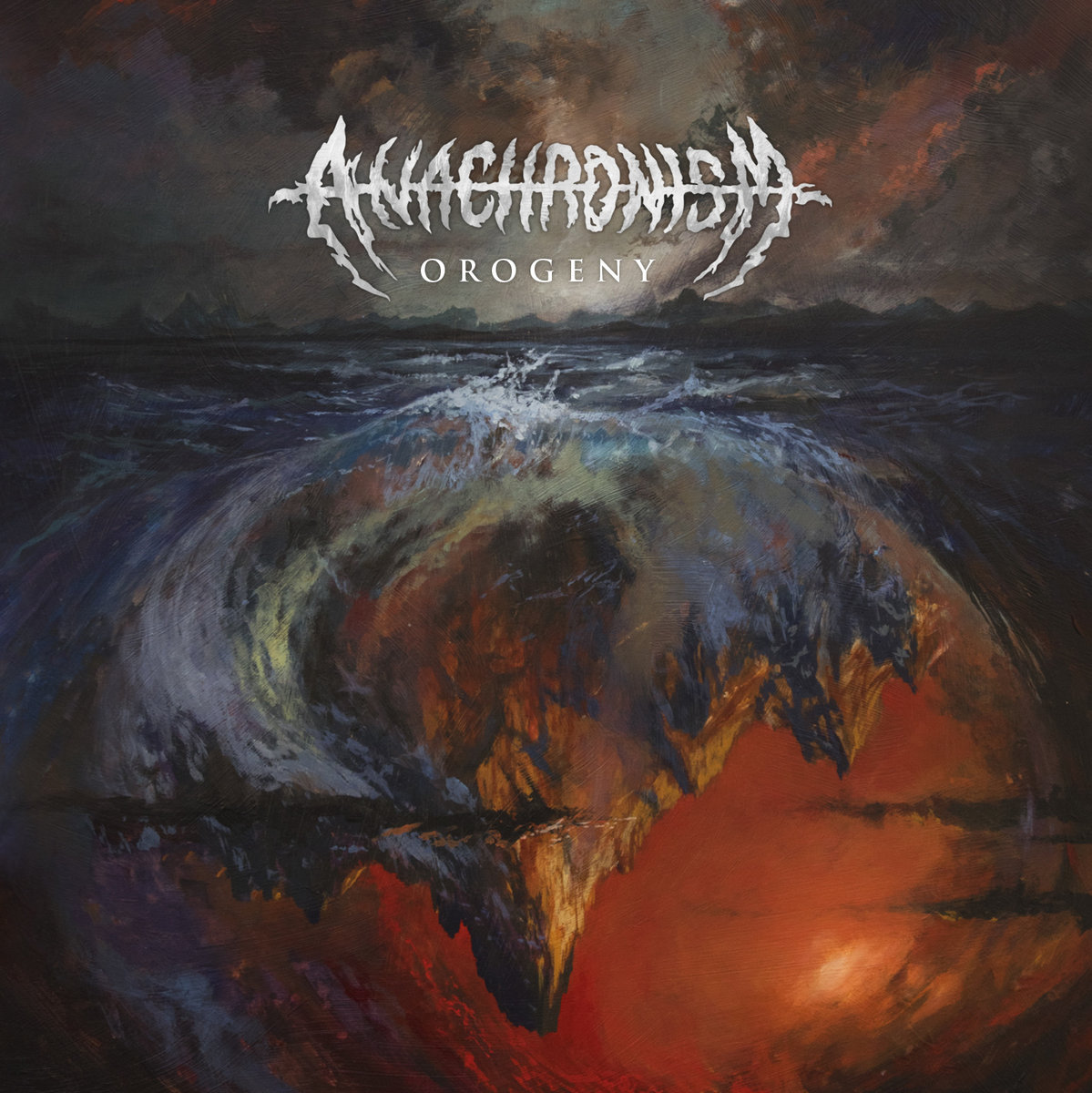
Orogeny
My most listened to album of 2018, according to Last.fm. This album was criminally overlooked, no doubt owing much to being an independent release from a Switzerland-based band. Not a whole lot of profile or marketing push behind this one. This album is technical death metal that is grounded in a brutal death approach, colored with some prog-rock and fusion tendencies added in. They contrast brighter, jazzier chord progressions alongside the downtuned chugging, giving them a subtly unique sound within this space.
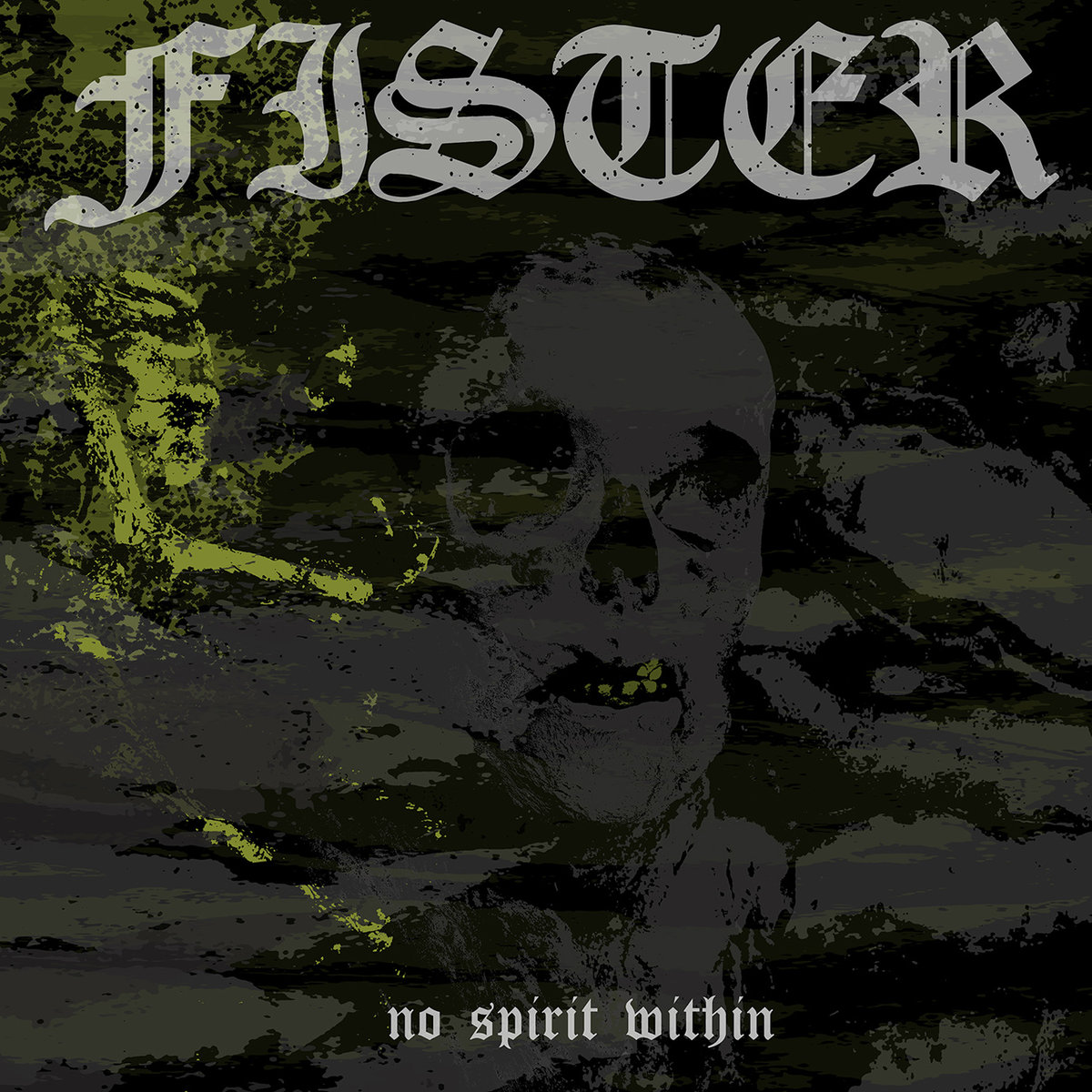
No Spirit Within
Fister and CHRCH both killed it on their split album in 2017, and they both killed it in 2018 with their subsequent full-lengths.
Fister is unyieldingly dark and crushing. There’s no mourning and certainly no rays of light, just misery and annihilation. The top of my list already has a lot of sludge/doom going on. There were just so many good releases, and even more than I could squeeze onto this list (like the Churchburn I had to relegate to my Bonus Picks). What sets Fister apart is that they don’t just rely on a slow, crushing wall of sound. The tempo shifts, and suddenly there’s some blazing guitar lead, yet it still sounds just as dark and hopeless as the slower dirges. Some indecipherable samples and guitar atmospherics provide some space and separation between the assaults. Everything just stands out more than some of the similar releases I also enjoyed this year.
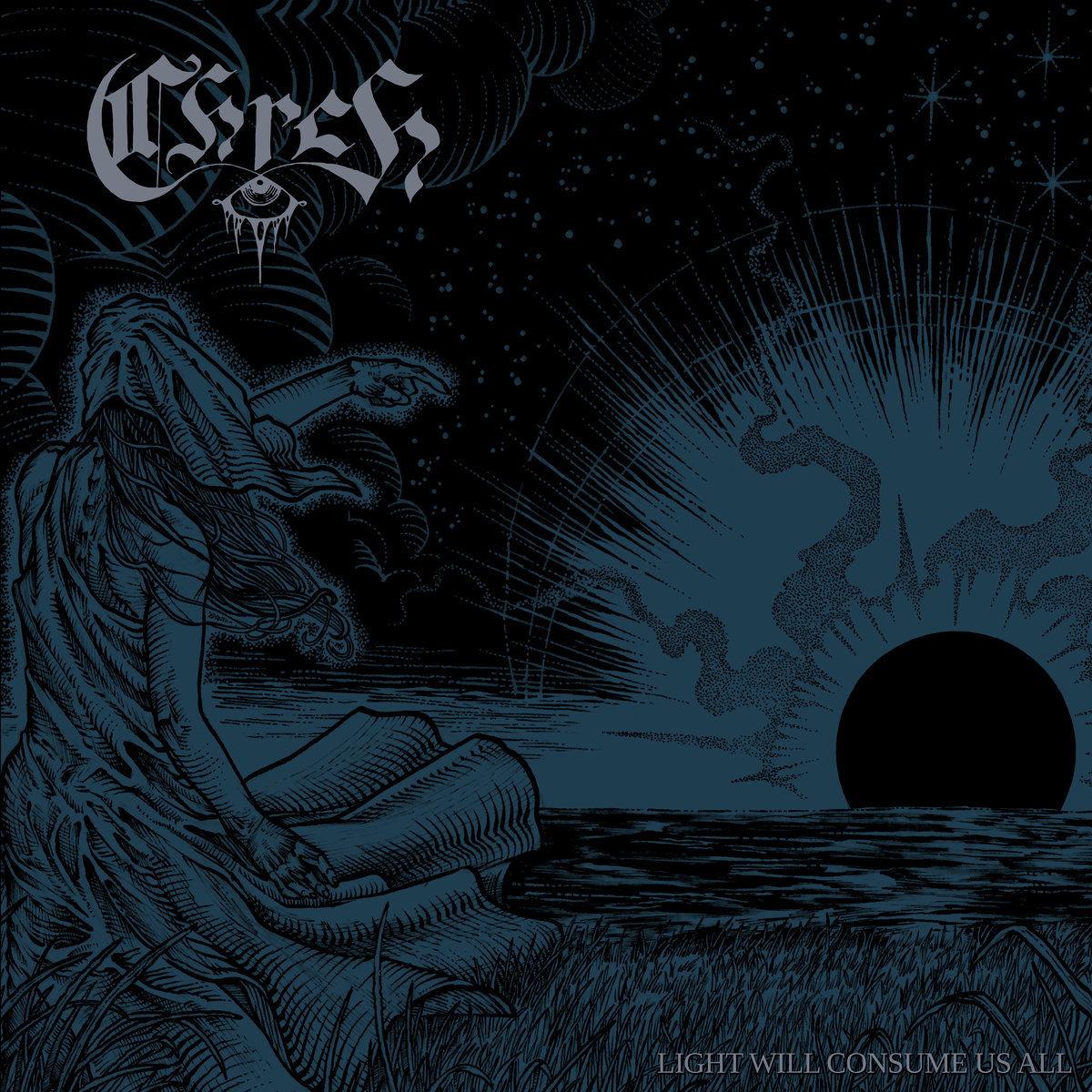
Light Will Consume Us All
And here’s the group from the other half of that split. CHRCH became an instant favorite of mine with their 2015 debut, Unanswered Hymns. Between that, seeing them put on a great set at Psycho Las Vegas, and the Fister split, this was one of my most anticipated albums of the year.
This album leans harder into epic doom, away from the fuzzier stoner-doom stylings that were more prevalent in their debut. The harsher sounds and vocals are used a bit more judiciously this time around. The vocals of Eva Rose weave between Windhand-like ethereal croons and demonic screams, and she’s become one of my absolute favorite doom vocalists.
Funeral doom can be hit or miss with me. CHRCH isn’t extremely sparse like Bell Witch, and avoids the ham-fisted theatrical approach that turns me off from groups like Warning. For me at least, they hit a sweet spot in the style. I do miss some of the harsh fuzz of the debut album, but this is too damn good for me to possibly complain.
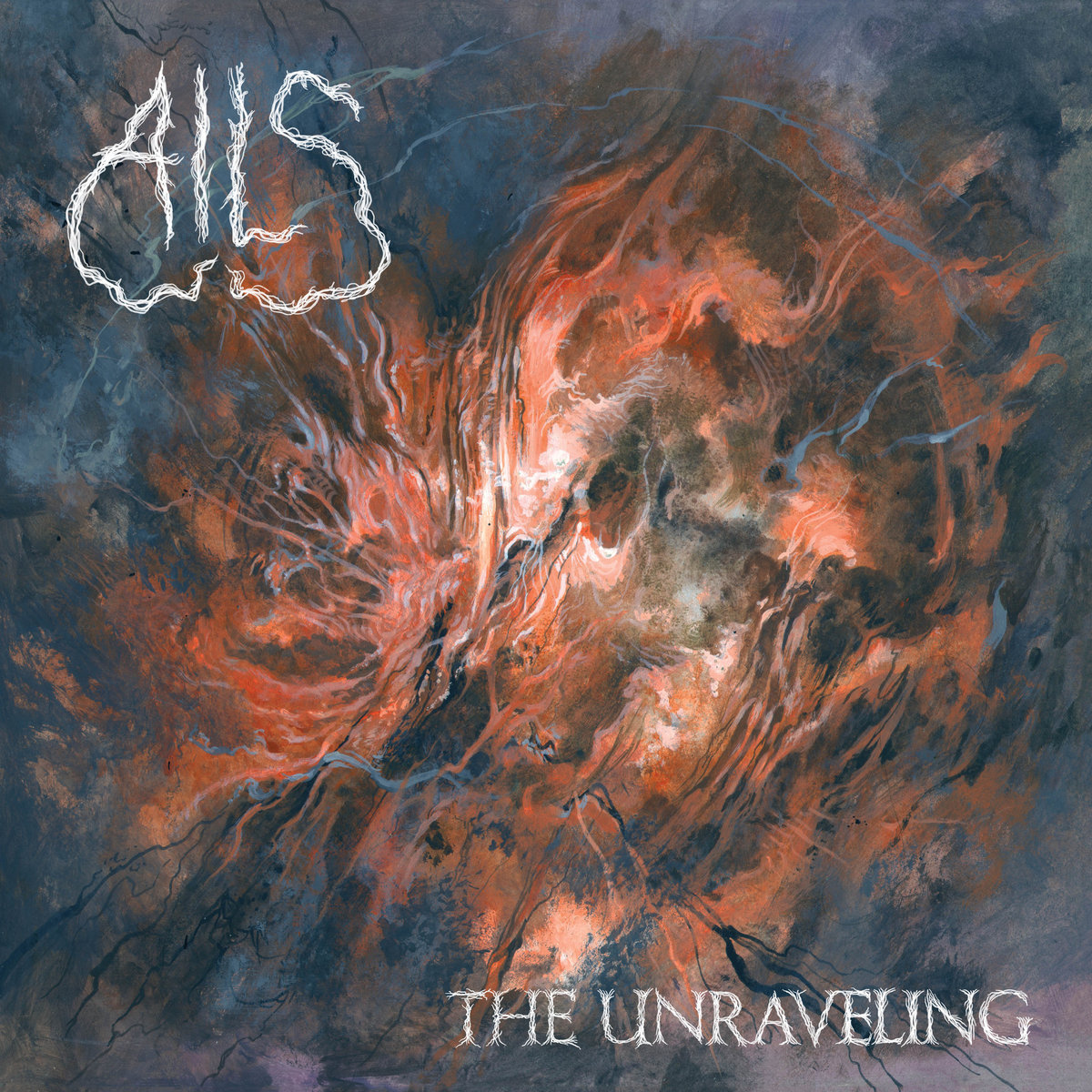
The Unraveling
Ails' debut release of melodic blackened death metal might not be a revelation to anyone that has heard releases from the previous band the two leading ladies were in (Ludica). Vocalist Laurie Sue Shanaman still juxtaposes clean chant-like vocals with lacerated, tortured screams. Guitarist Christy Cather is still a one-woman riff machine.
Compared to Ludicra, there’s a bit less of an overt punk influence. The tempos are more varied, less sustained breakneck pacing. The material gets some time to breathe, and is all the better for it, in my opinion. The frenzies are broken up with slower paced sections, which may feature more catchy melodic passages and vocals, or may just play host to lengthy screams. The production is raw, perhaps a little rawer and scratchier than I prefer, but definitely is in keeping with the black metal influence.
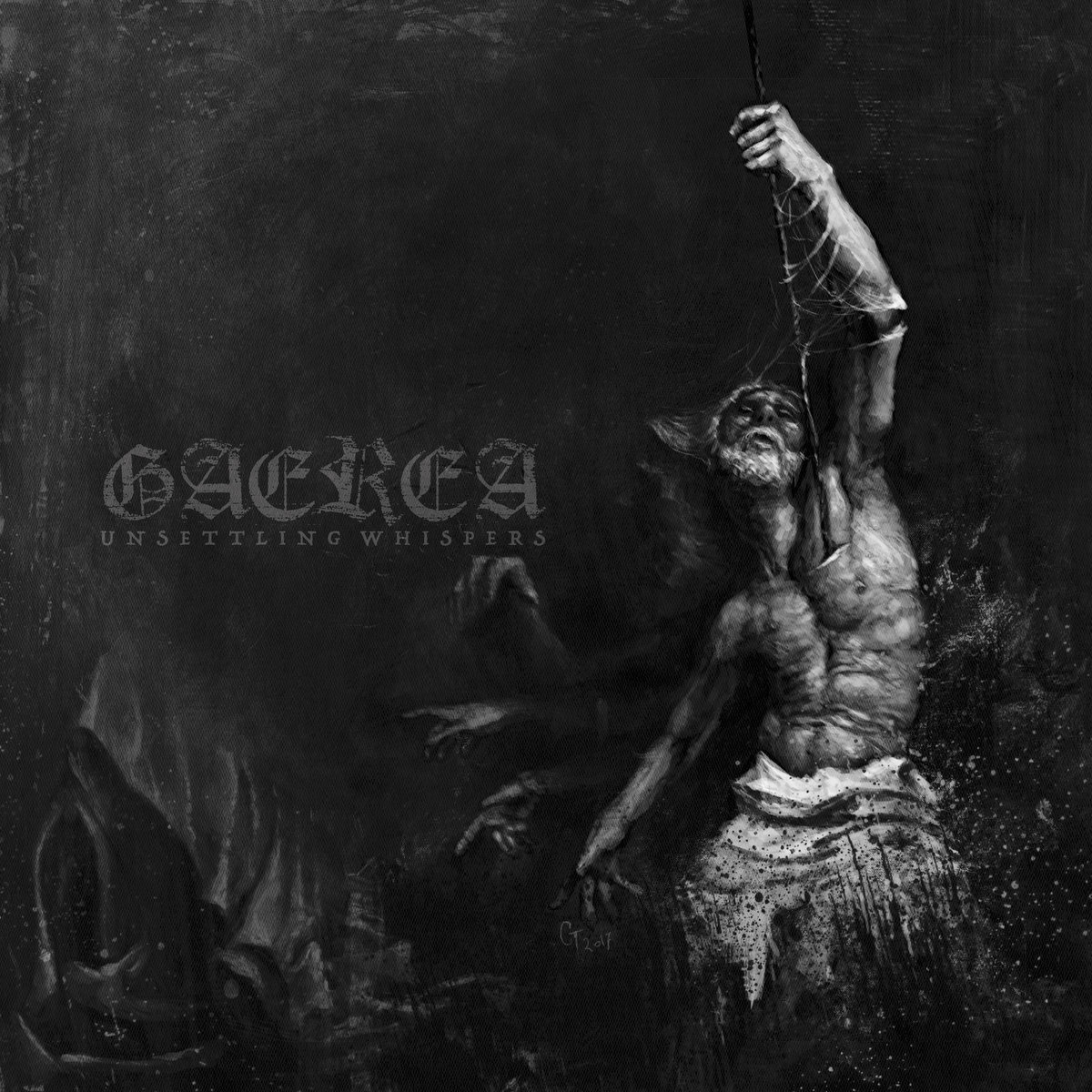
Unsettling Whispers
This is the one album that Angry Metal Guy named their Record of the Month last year to which I agreed profusely.
Gaerea play a kind of melodic atmospheric black metal that brings to mind groups like Mgla and Celeste. They bring both the moody, depressive side of atmospheric black metal along with the hate-spewing fury of black metal proper. Like Celeste, the vocals perhaps should be described more as blackened hardcore than black metal. The tone is permanent bleakness, but the instrumental work often has an amazing ugly-beauty quality to it.
Maybe this should have been Album of the Year. Listening to it again while I write this, it’s just so goddamn good.

The Weight of a Thousand Suns
If you like Gojira, listen to these guys now.
A lot of groups play blackened death metal, or death metal with black metal influences. Horizon Ablaze play a kind of Thanos-approved perfect balance of the two, which sounds like it would be odd or derivative. But in practice, they move so smoothly from blast-beat trem-picked sections to meaty, riffy sections that you hardly recognize that any change has happened. The progressive-death elements bring Gojira to mind (hence the first sentence of this writeup), while the black metal elements compare to later Emperor albums.
I think what makes me reference Gojira so directly is that this feels like a group that could have that wider appeal that a group like Gojira has developed over the years. I’m really surprised this release hasn’t garnered more attention than it has.
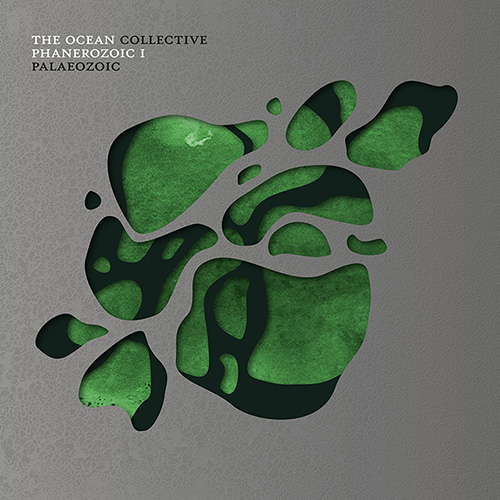
Phanerozoic I: Palaeozoic
When the album began with a piano reprise of the melody that ended The Ocaen’s 2007 album Precambrian, I got chills. The album’s named after the Phanerozoic eon, which is the eon that followed Precambrian. As if it’s not obvious from that, this album is a continuation of Precambrian, which for my money is the best Ocean album. It also resembled the group’s most recent album, Pelagial, which in my opinion is their second best album.
My biggest frustration with the album is that it’s only half of the overall Phanerozoic album, and the second part won’t arrive until 2020. It’s nearly 48 minutes long, but it just feels like a halfway point when it ends.
Like with Pelagial, the group released an instrumental-only version of the album, though it was a separate release this time around. I did not end up listening to it as much as I did Pelagial’s instrumental version. The vocals are too well done on the album, and losing the guest appearance from Katatonia’s singer (a collaboration that was intended to happen on Precambrian) is too much a step down for me.
Honorable Mentions

The Sciences
It says something about how much I love the above albums that I had to push Sleep down into the Honorable Mentions. A surprise release on 4/20 (of course), The Sciences is both one of the most and least surprising albums of the year in terms of quality. An album this far removed from a group’s previous one has no business being that good. It’s right there alongside My Bloody Valentine’s “mbv” in terms of defying all reasonable expectations of a reunion effort.
At the same time, having heard the reformed Sleep live twice before this album, as well as having heard their 2014 single The Clarity, it’s really no surprise. They are this good live. They were this good on The Clarity. And these three musicians have not exactly been sitting on their hands since the last Sleep album. Nothing these guys put out separately in High on Fire, Om, Neurosis, or Shrinebuilder suggests they’ve run out of ideas.
The surprise, though, is that it came together this well. The album is flawless in execution; there’s never a feeling that they didn’t achieve exactly what they were aiming to. The biggest delight is how good the album sounds. I’ve wished that the group would re-record the Holy Mountain album, because as good as it is, the sound does not live up to the massive sound they have performing the material live. The Sciences does a much better job of recreating that huge sound in a studio recording. It’s thick and fulfilling.
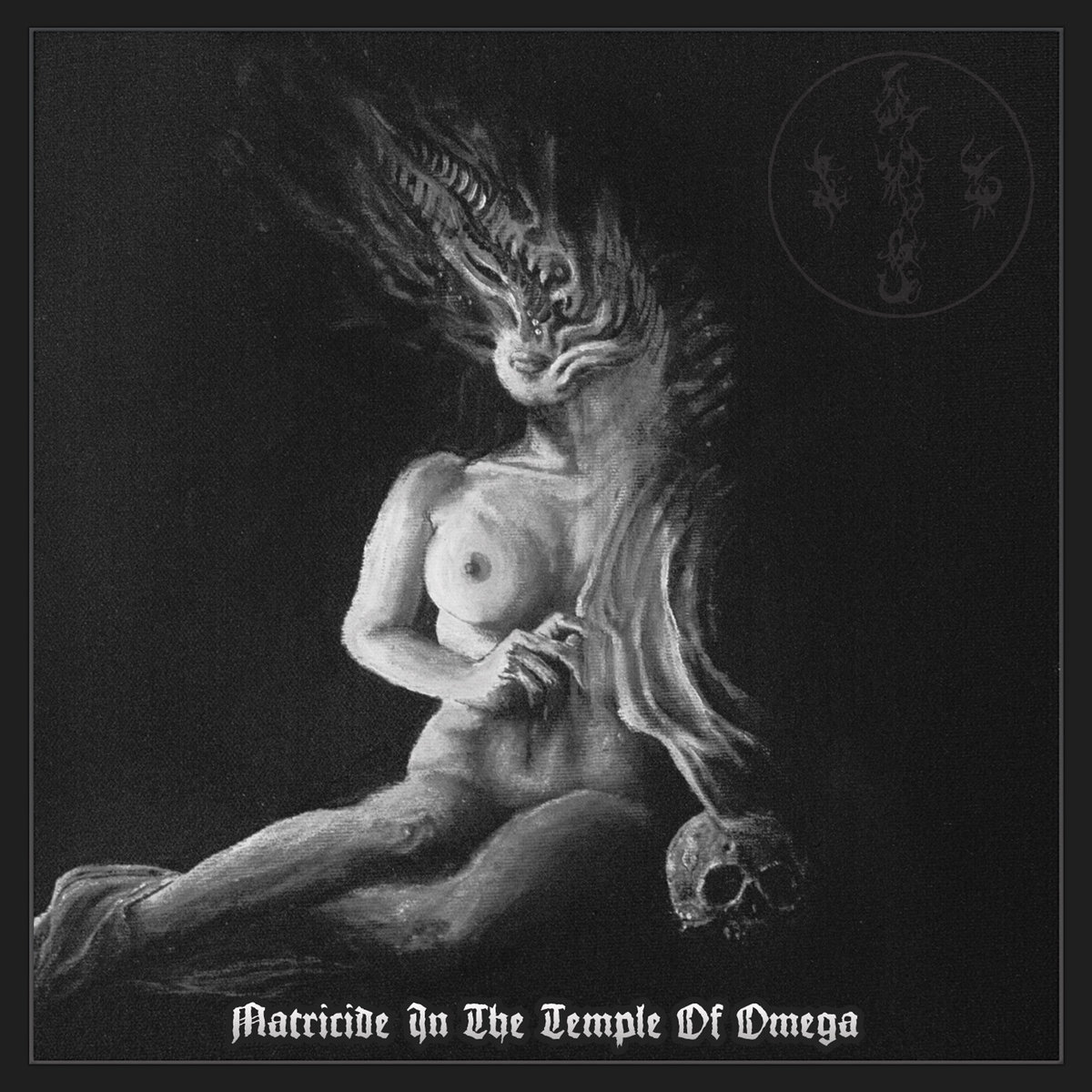
Matricide in the Temple of Omega
Ævangelist got on my radar with their 2016 split with Blut Aus Nord, a group with whom they share more than a passing similarity in terms of sound and spirit. Their last full-length release, 2015’s Enthrall to the Void of Bliss, was an immediate favorite of mine. Then this year, they released not one, but two full-lengths. The first was Heralds of Nightmare Descending, which doubles down on the lo-fi production that was characteristic of Ævangelist’s pre-Enthrall releases. Lo-fi production is my least favorite black metal trope, and it kept me from really embracing Heralds.
Matricide, however, goes the other direction. It providing the cleanest production on an Ævangelist release to date, and in doing so, shows just how unnecessary such production was to create the sonic effect Ævangelist angles for.
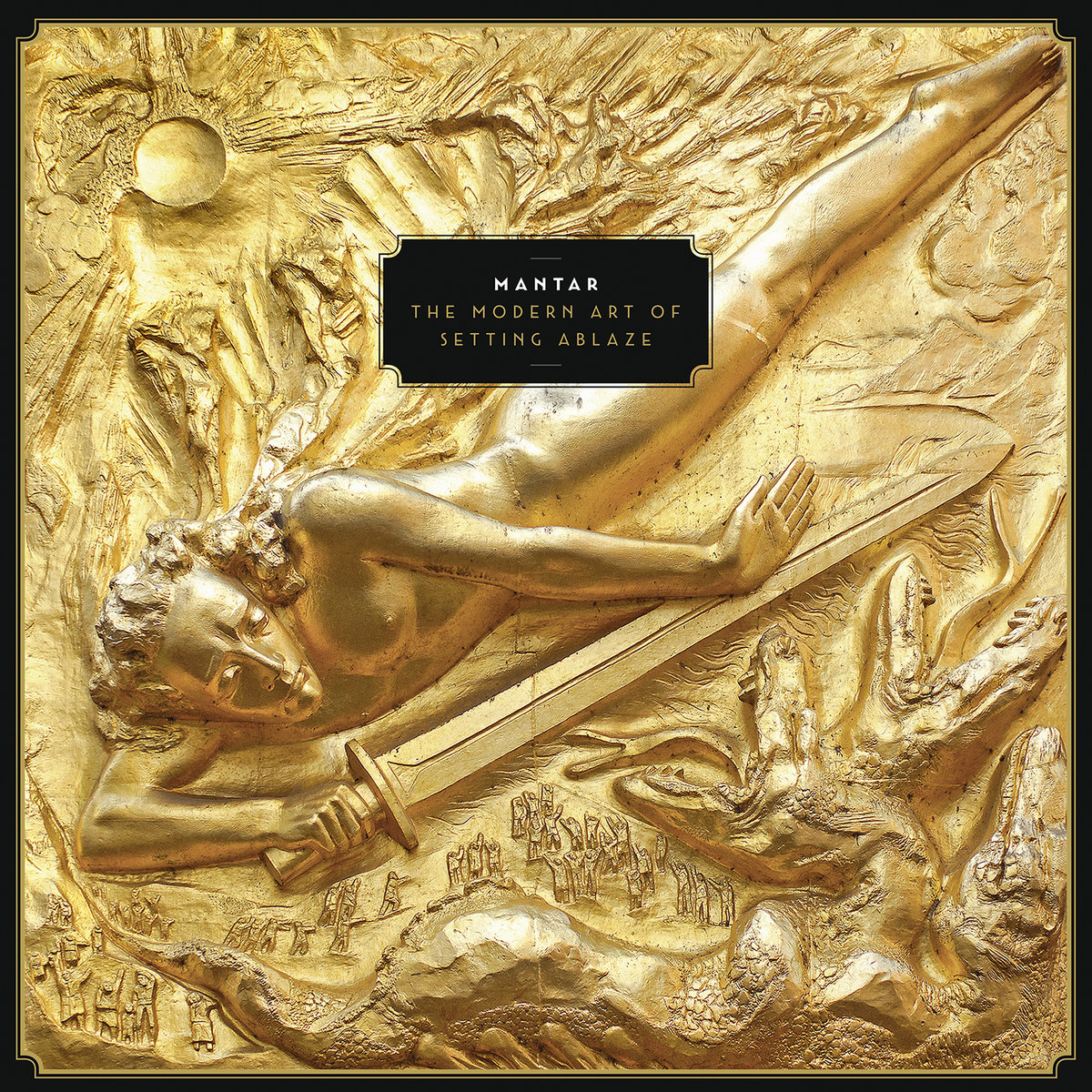
The Modern Art of Setting Ablaze
Mantar kick ass. That’s really all you need to know.
Mantar’s sludgey crust-punk groove is a well established formula from their first two albums, and they don’t make any great deviations here. They make a hell of a racket for being a guitar-and-drums duo. There’s precious little studio layering of additional instruments here, as that’s never been their style.
Their previous album, Ode to the Flame, remains my favorite of the duo’s work, but this is another welcome blast of aggression.
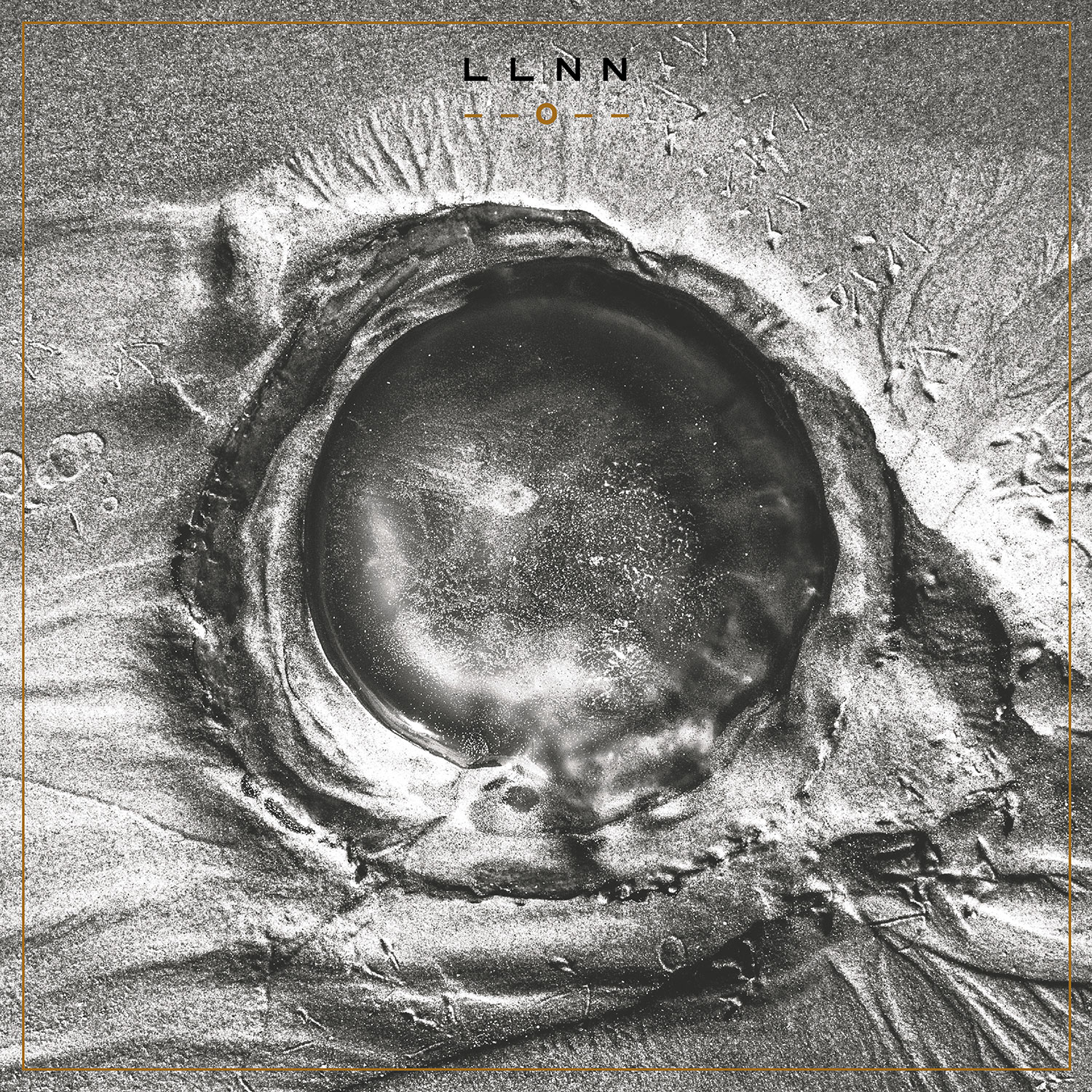
Deads
This one very nearly ended up in the Best of the Rest section above.
LLNN is sludgey post-metal with post-hardcore elements (particularly in the vocals) that bring to mind Cult of Luna and The Ocean (unsurprisingly, LLNN is on The Ocean bandleader’s record label, Pelagic Records). The more straightforward jaw-busting hardcore sections are wrapped up in dark ambience and post-metal instrumental passages. The album’s short, just under 38 minutes, and it’s packed with some of the most memorable riffs and sections of the year. I never forget what this one sounds like.
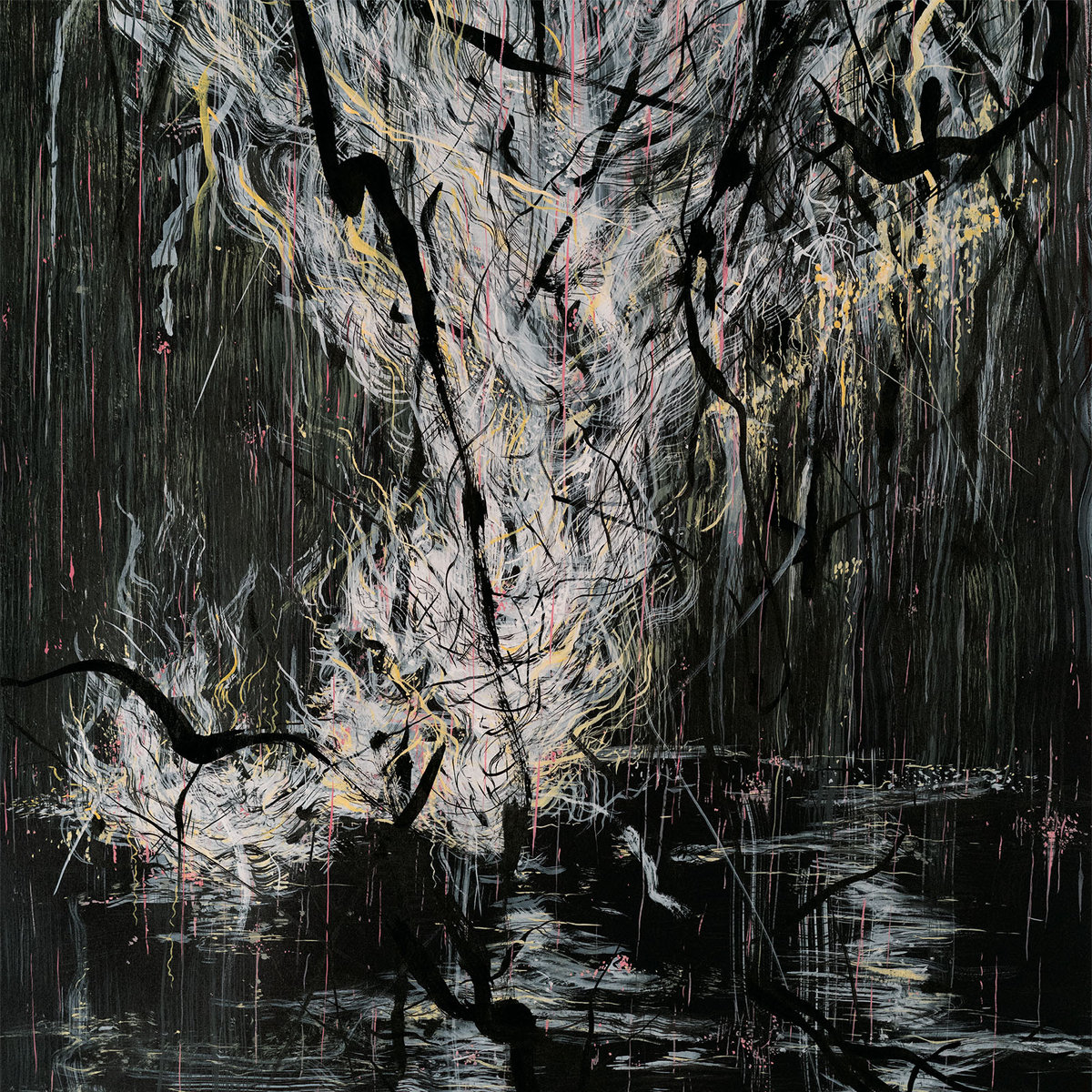
Love in Shadow
Aaron Turner can do no wrong by me. Especially this year, where he and his fellow ISIS members reunited (under the name Celestial) for a one night benefit concert in Los Angeles, and I got to be there. Compared to that, a new SUMAC record could only hope to be a distant second for my favorite Aaron Turner things of the year. Second as it may be, it’s still an excellent album. Compared to the first two SUMAC albums, this one goes off on improvisational tangents, inspired no doubt by their collaboration album with Keiji Haino.
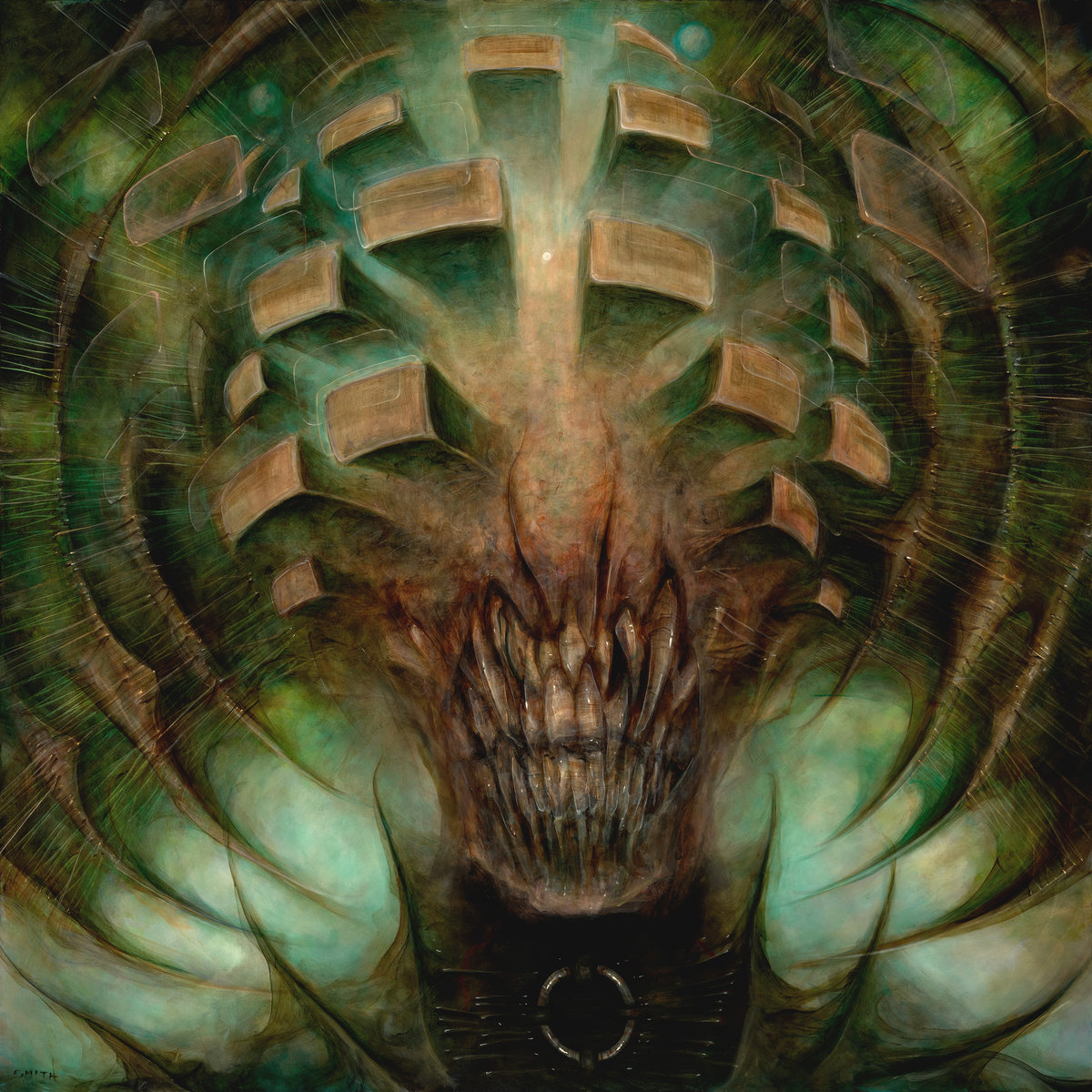
Idol
I loved the band’s 2015 album, Anareta. I was excited for this to come out. It did not disappoint.
This is progressive death metal that’s just packed to the walls with great riffs. The band manages to go off in different directions, while remaining rooted in raw death metal. For all of the impressive guitar work here, none of it comes across as wankery, instead remaining in service to the songwriting at all times. It greatly rewards repeat listens, there’s so much here to unpack. It released in late September, but still had enough time to be one of my most listened-to albums of the year.

ION
Portal dropped this one in January, giving me some nice sonic terror for the post-holidays back-to-work period.
ION is the sound of the universe being ripped apart at the seams. Portal’s previous album, 2013’s Vexovoid, became an instant favorite of mine when I first heard it. Whereas Vexovoid’s thick, murky production envoked a darkness from which light cannot escape, ION’s clearer, sharper production makes every rip and tear observable. The result is a sound that is just as impenetrable.
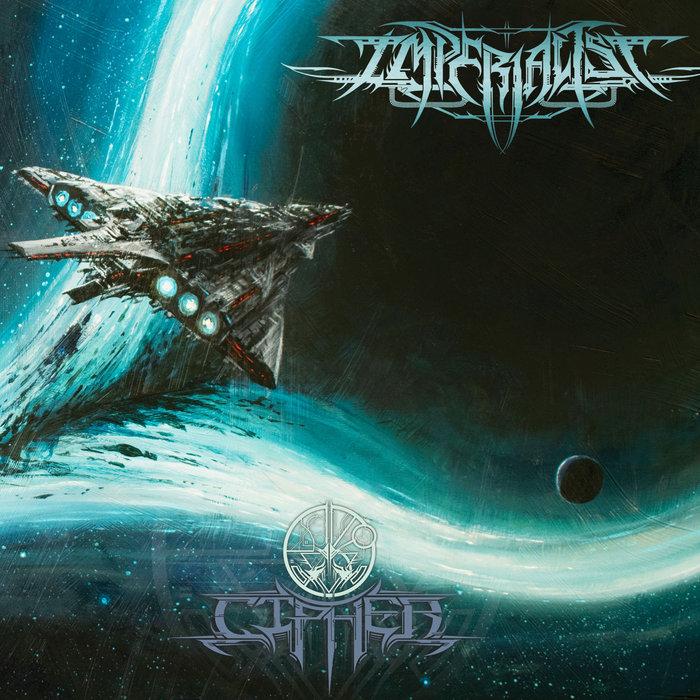
Cipher
Imperialist hails from the far-off black metal hotbed known as … Los Angeles. I’ve come to the conclusion that I like US black metal much more than its more traditional Scandinavian counterpart. I usually don’t know where the band is actually from until I’ve already listened to them for a while, but USBM bands consistently rank highly with me. Maybe it’s their rejection of certain black metal tropes. And the lack of corpse paint. Does corpse paint make a sound?
Imperialist play sci-fi themed black metal that hits hard. There are trem-picked riffs all over, but rather than attempting to create atmosphere, they add in some thrash and death bits and make the whole thing punch you in the gut. Take Immortal, add in some death metal heft, and sprinkle in Vektor’s thrash and sci-fi bits, and that’s about what you’ll find in Imperialist.

Beastland
Author & Punisher’s one-man industrial doom scores with both my love of drone as well as harsh-as-hell noise. I enjoyed his previous album, 2015’s Melk En Honing,
I love some of the clean vocals that get worked in among the noise, particularly the chorus lines in “The Speaker is Systematically Broken”.
The album’s varying swings between haunting sounds and complete sonic annihilation, as well as the brief 36 minute runtime, keep any one element from overstaying its welcome. That helps a lot, as the sonic palette, while incredibly distinct, is also somewhat narrow. (Not that I’m averse to wallowing in the same sonic misery for 90 minutes
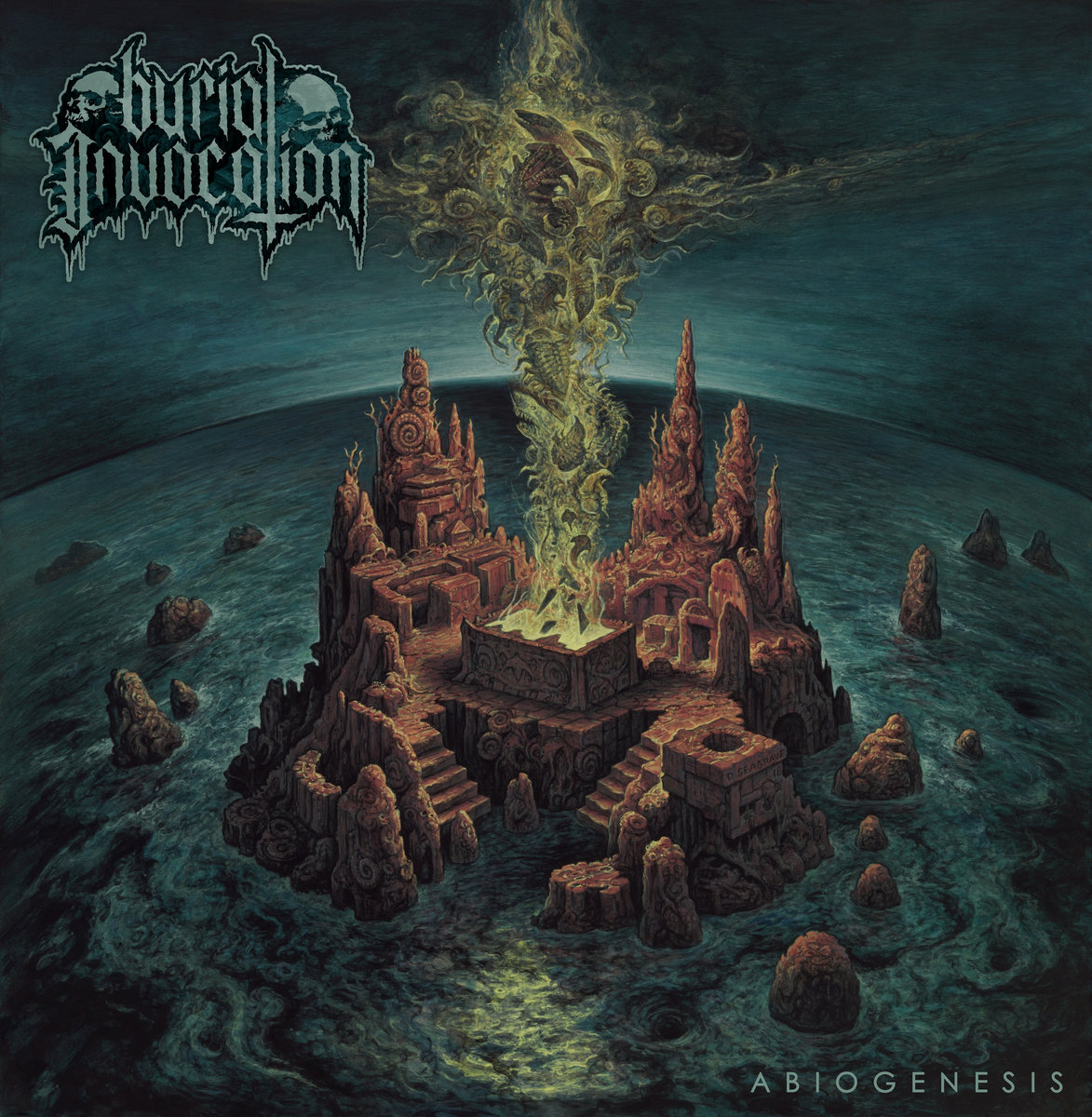
Abiogenesis
An incredible debut album. Largely gone is the Finnish-style death/doom of their debut EP (way back in 2011), and in its place is more Immolation style death metal, albeit with a more long-form, progressive bent. Keeping the long tracks interesting is a murderer’s row of killer riffs, along with atmosphere that brings in a little bit of the band’s original doom styling. This is one of those albums whose OSDM influences are laid bare, yet tied together into something much more forward-thinking.
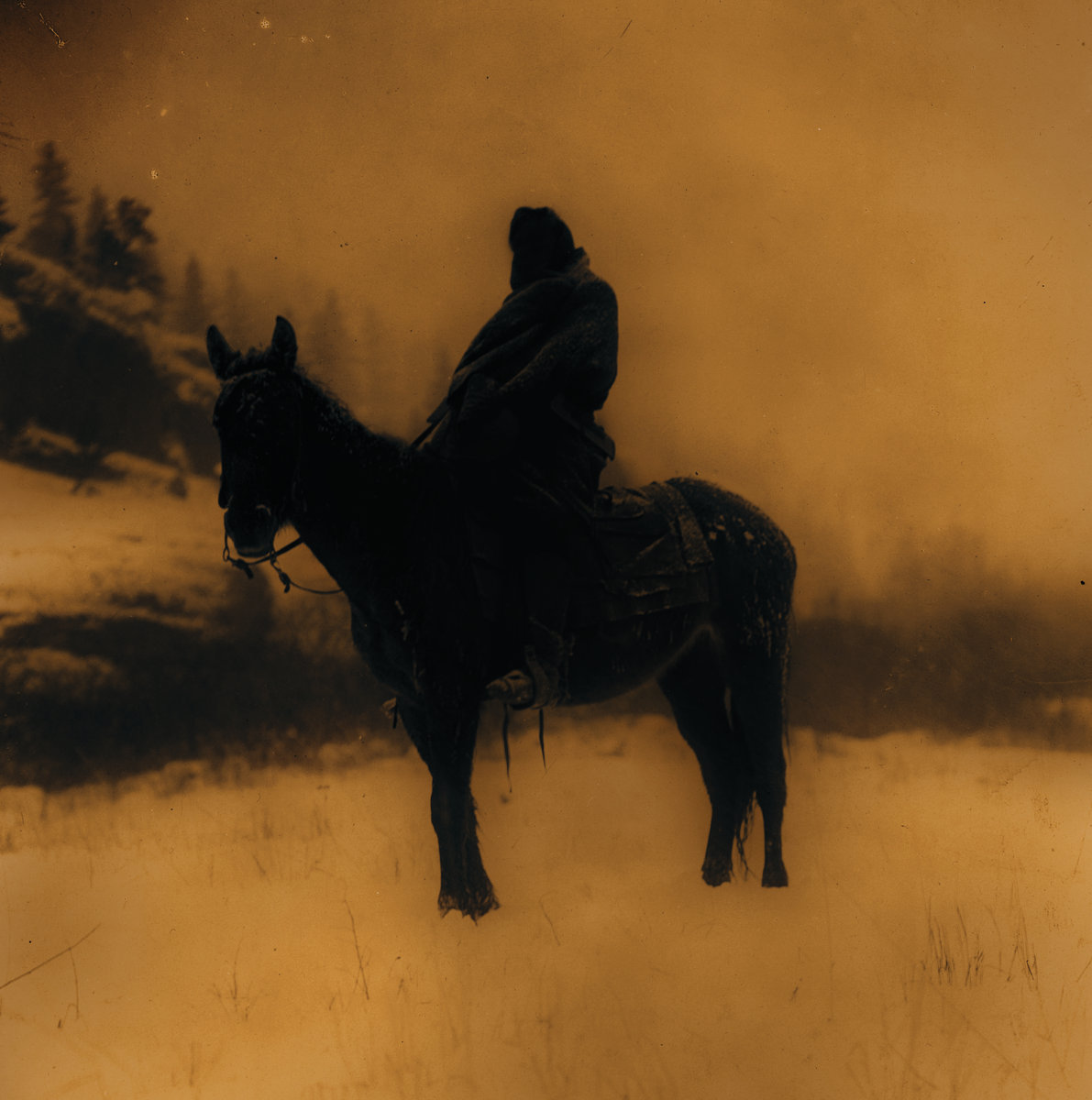
World's Blood
Wayfarer is US black metal that seeks to invoke the American West. From the album cover to promo pictures of the band standing around what looks like an 1800s mining town, the band really leans into their intended theme.
I saw a lot of middling-to-mediocre review for this one, and I can’t comprehend why. It was one of my most played albums this year. Every track on this album worked for me. Replacing the stereotypical frozen tundras of atmospheric black metal with something less played out (and, for me, something a bit closer to home) works in execution as well as it does in concept. The theme never feels forced, but rather like an intrinsic part of the group’s sound.

Strange Fruit
Zeal & Ardor’s debut EP, self-released in 2016 and picked up by a label for re-release last year, won me over completely. Every song worked for me, including the interlude pieces that some reviewers complained about. The whole release left me wanting more.
More came this year, in Z&A’s debut full-length. And at first… I was slightly disappointed by it. The EP had set such a high watermark for me that the album had a difficult time living up to it. And to be honest, the album never did hit those same heights with me. But measured on its own, rather than up against my sky-high opinion of the EP, it grades out fairly well. It has a few tracks that do live up to the EP. My biggest complaint is that it treads the same ground too much. Those spurned interludes from the EP have been reworked, reduced, and spread out, and aren’t as effective palette cleansers as last time. Zeal & Ardor needs to dabble in some contrasting sounds and styles to keep their bread and butter approach from sounding stale.
In the end, Stranger Fruit is still a strong album. It’s just not the great album that hopefully is still in Z&A’s future.

Algorythm
When I first heard Algorythm, I was disappointed. The first two Beyond Creation albums were great, especially the second one. This album opens with a grandiose instrumental track that sounds like it’s about to kick off a heavy-handed concept album. And while the first real track kicks in and eases those concerns, the album eventually explores territory less biting than the searing tech-death I knew the group for. And while these progressive forays weren’t what I was expecting, I warmed to them significantly upon repeated listens. The Beyond Creation that I knew was still there, ready to rip at a moment’s notice. While overall I could do with fewer of the more pretentious flourishes, there are way too many high points here to be able to stay mad at it.
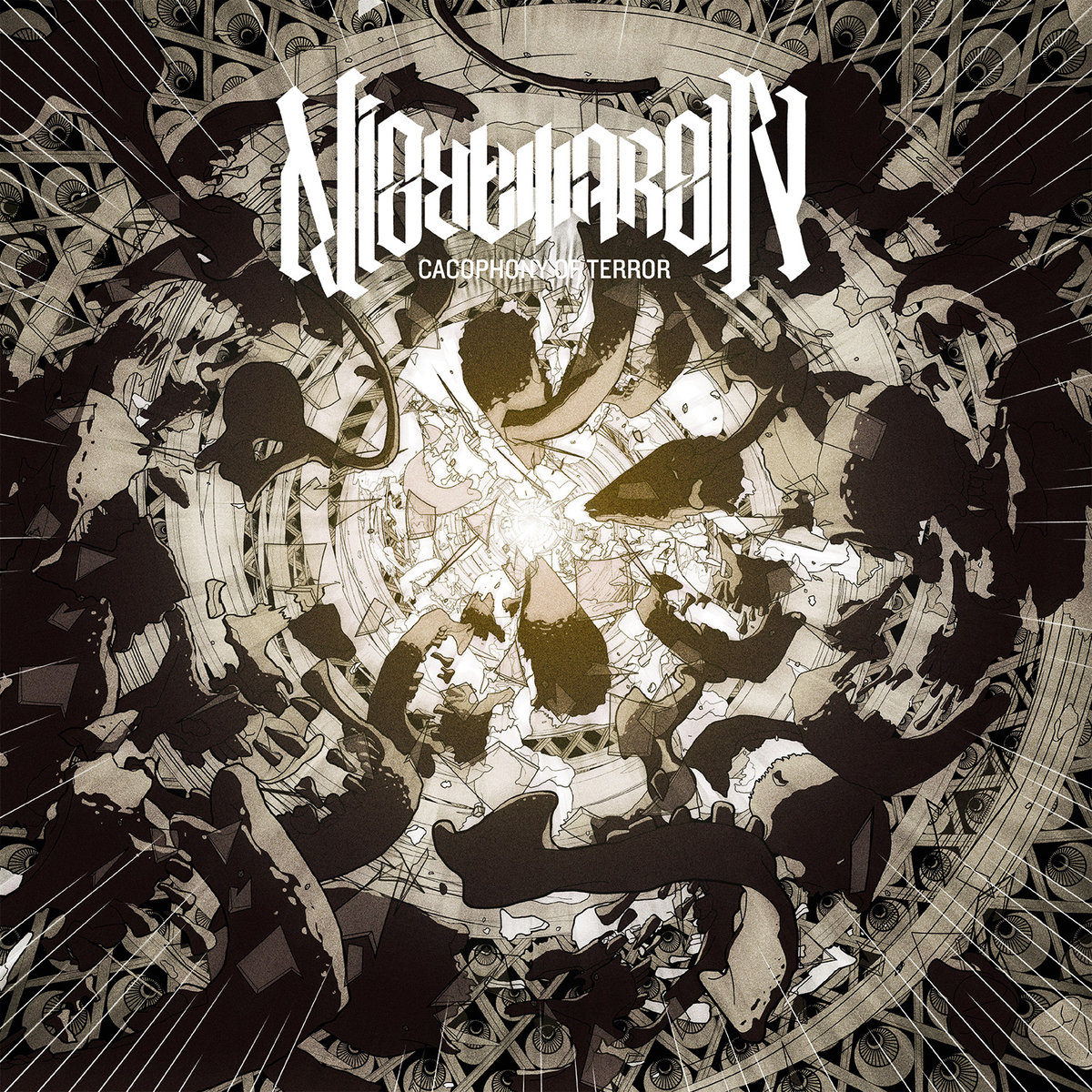
Cacophony of Terror
This group first got my attention thanks to having the drummer from The Ocean. Little did I realize what I was in for, as The Ocean provides no useful reference point here. Nightmarer comes at the technical death metal genre from a brutal death angle. In doing so, they hit a sweet spot that avoids the worst traits of both styles, making this one of the most powerful technical death albums of the year. It hits hard, and it’s absolutely one of the year’s best albums.
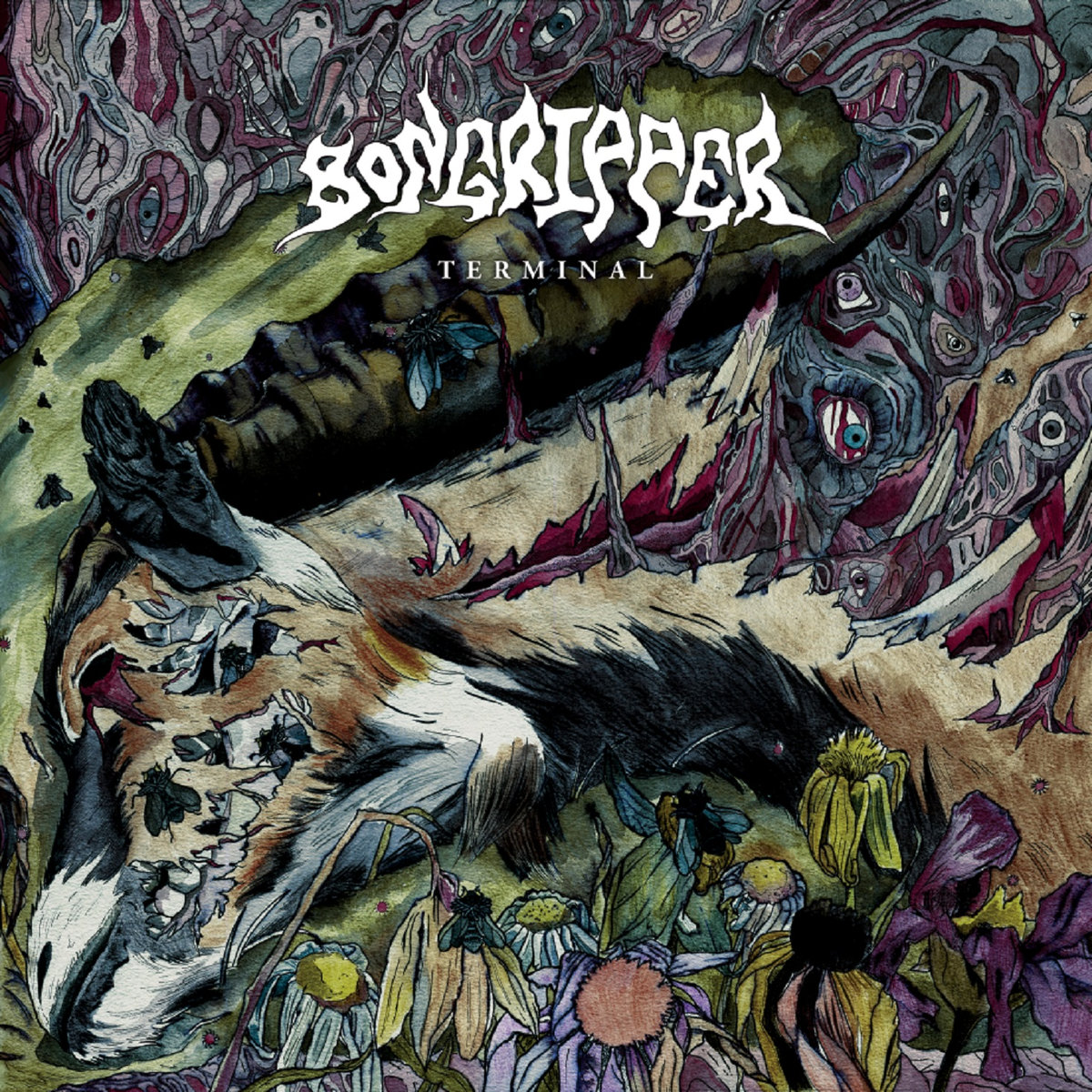
Terminal
Track listing:
1) SLOW
2) DEATH
I love Bongripper. There are few bands as consistent as them. Everything they release is amazing.
In recent years, I’ve found myself less captivated by purely instrumental doom/post-rock/etc than I have in the past. I used to love the stuff groups like Pelican and Russian Circles did, and I still do, but it’s not the same home-run for me as it was in the past. Bongripper, though, craft such great, memorable sections that they haven’t lost my attention one bit.
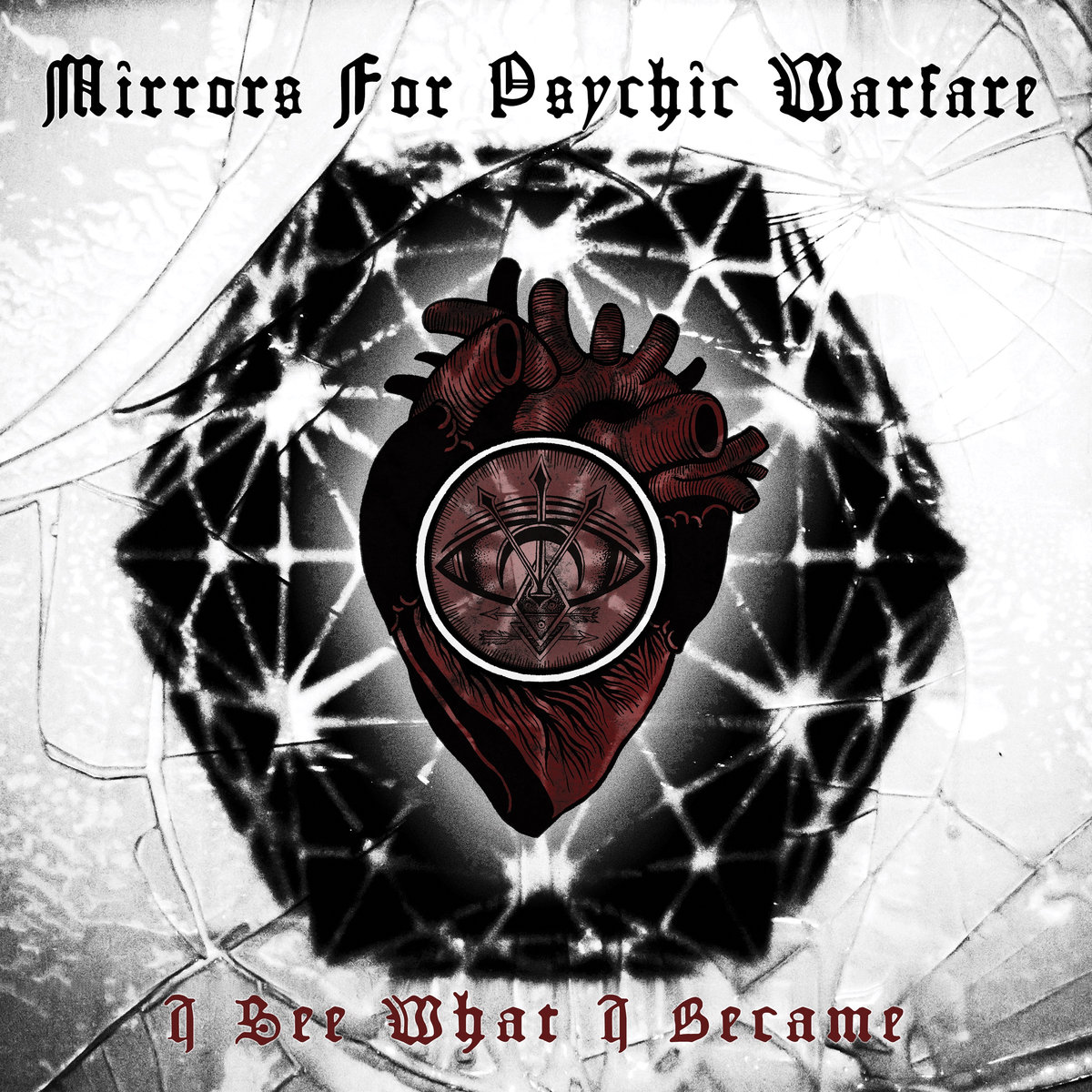
I See What I Became
The first Mirrors for Psychic Warfare album was interesting, but didn’t quite pull me in. This time around, they got me.
Mirrors is an industrial/dark-ambient/doom duo, one of Scott Kelly’s many side projects away from Neurosis. Here he’s joined with Sanford Parker, member of Buried at Sea (as well as Corrections House, another Scott Kelly side project). Whereas Corrections House is industrial that’s more rooted in metal, Mirrors almost gets away from metal entirely, making it an open question whether it belongs on this list, or should be classified as more of an electronic album. Whatever, my list, my rules. The mood is very doom-like. I saw one writeup describe the album as “sludge-step”.
The elements that make up the sound here are pulled from industrial and dark ambient, and are quite noisy, but with mroe conventional song structures. Scott Kelly’s whisper-groan vocals cut the harshness, adding to the dark tone but also making the whole thing much more approachable.
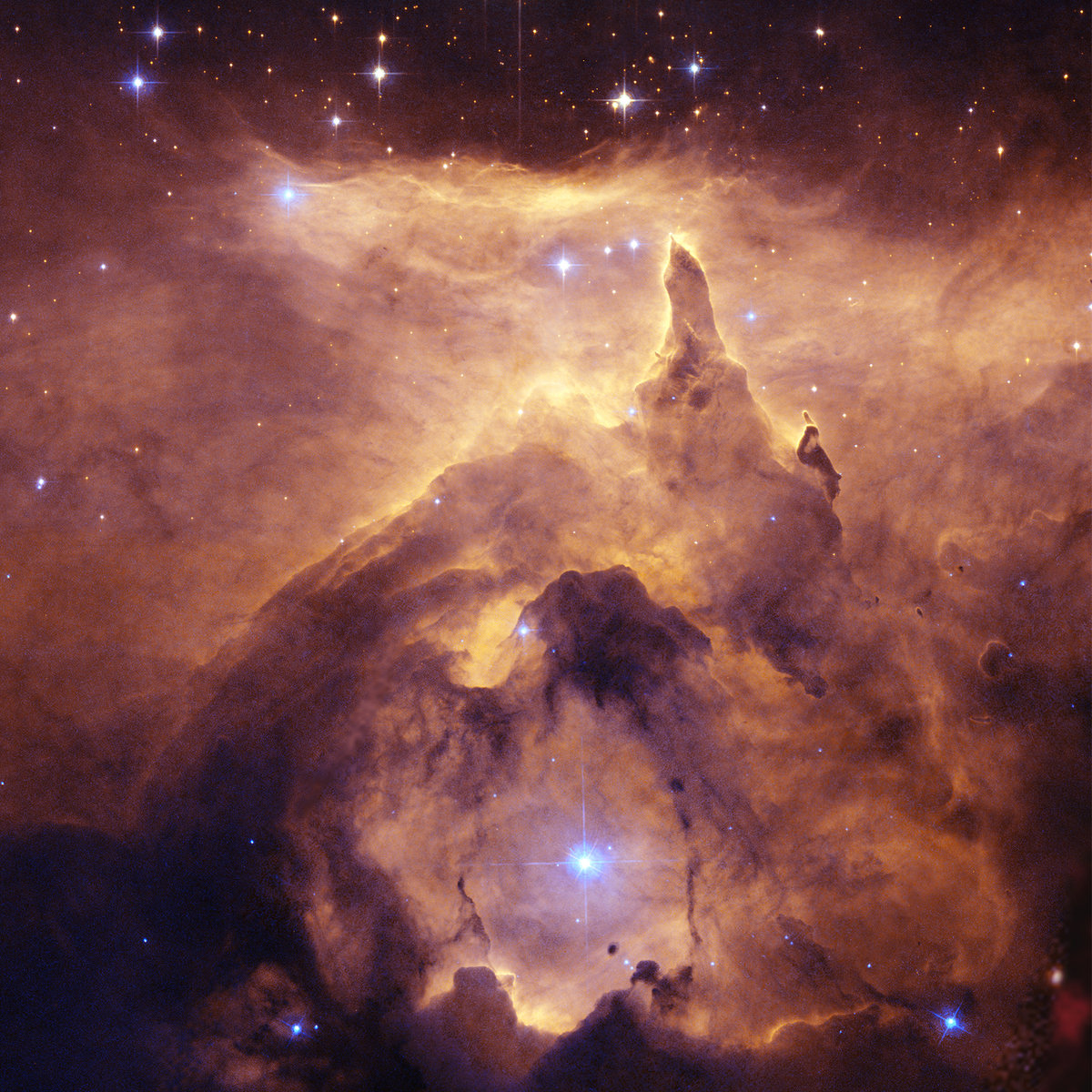
The Density Parameter
This is not for black metal purists. Self-described as “cosmic atmospheric black metal”, Mesarthim is as much space rock and synthpop as it is black metal. Shrieks and trem-picked guitar compete with synth beds and sequenced melodies, then they all take a back seat to ambient passages. Similar in tone to Progenie Terrestre Pura (psst, scroll down a few spots), but with an even greater emphasis on atmospherics and electronics. Some of the sequenced electronic bits resemble dance music more than anything, pulling from ‘90s trance. It works, and nobody else is doing it, or at least not as well.
Mesarthim are, as far as I can tell, an anonymous Australian duo that operate primarily on Bandcamp (in credits, the members are each identified only as a single dot, possibly intended as Morse Code given the pair’s 2016 album, – .- -… … . -. -.-. . ). Italian label Avantgarde Music has given them some CD releases, but this is primarily a self-released affair.

Vile Luxury
The last couple of years have given me lots of dissonant, atonal, avant-garde metal to enjoy. This year, not as much, but this is the exception that stepped in to fill that void.
Imperial Triumphant lives in the Gorguts neighborhood of avant-garde metal, with an even stronger jazz influence than most. We’re not talking Dave Brubeck “Take Five” jazz, though. We’re talking Cecil Taylor and Ornette Coleman free jazz. We’re talking John Zorn’s most dark and noisy stuff. Heavy Blog called this “The Shape of Skronk to Come”, and that’s completely on the mark.
Everything about this album is made to feel unsettling and off-kilter. Lots of odd time signatures, atonal scales, and shifts without warning. There’s a bunch of guests on this album. One track sees Bloody Panda’s Yoshiko Ohara providing her tortured screams, while another has Andromeda Anarchia providing operatic vocals that only make the quiet parts even creepier.
Best EPs/singles

Rhea Sylvia
Leading up to their full-length album, Thou released three (!) EPs, each exploring different musical influences on the band’s overall sound. The first, Inconsolable, was drone and dark ambient. The next was acoustic (FILL THIS OUT BETTER). The last and best of the three is this one, Rhea Sylvia, in which Thou channels Alice in Chains through their own sludgey filter.
If you dialed back the vocal harshness, the material could easily shine as an acoustic set played in front of a crowd of ‘90s MTV fans.
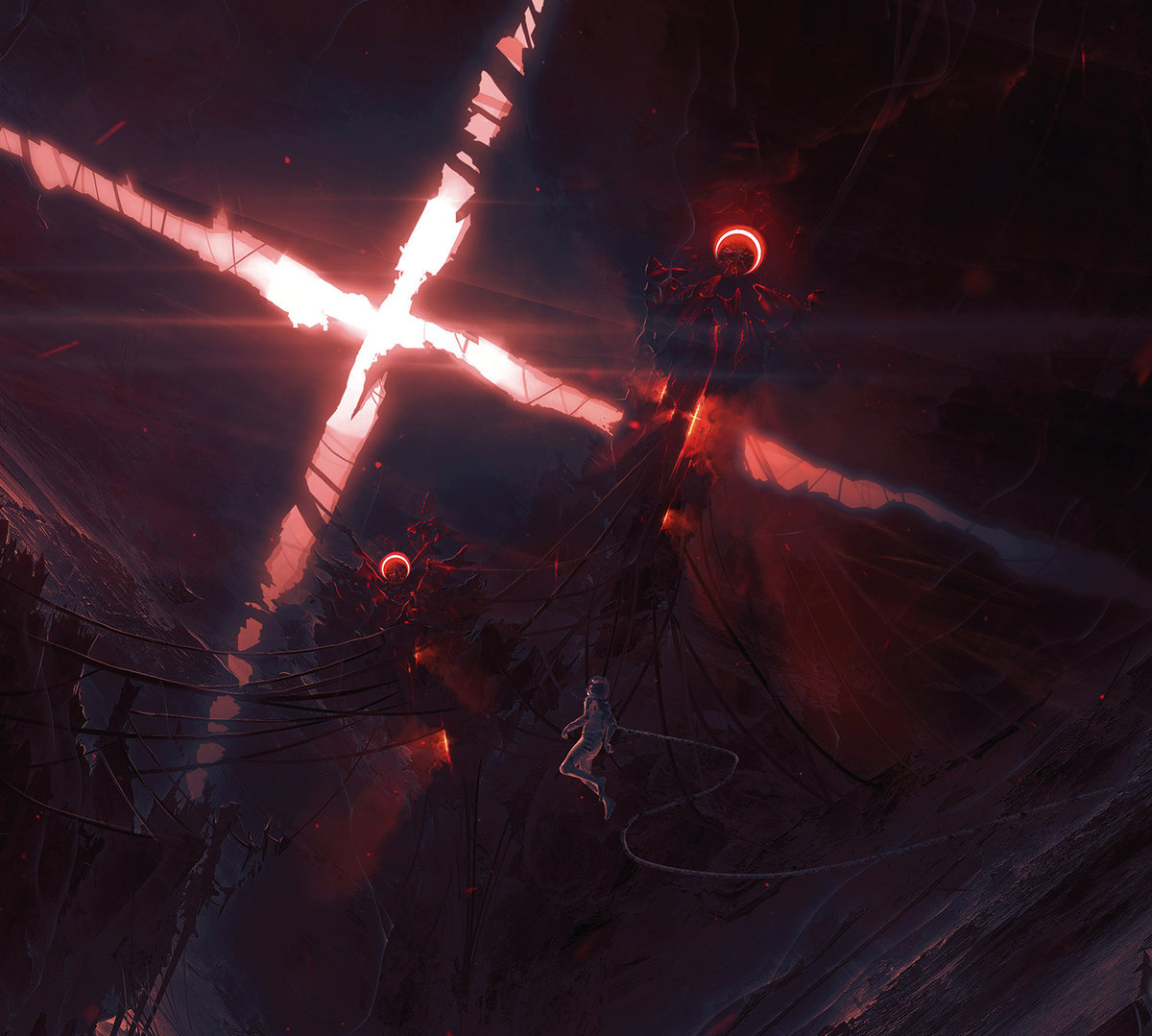
starCross
PTP’s oltreLuna was one of my favorite full-lengths of last year, and they came right back with an excellent EP.
I surmised that the lack of attention that oltraLuna received might have been from the album being entirely in Italian. Well, PTP went fully in English for this EP. Not certain if that’s going to be what they do going forward or not, but it was interesting to make that speculation a year ago and see them change that exact thing on their next release. I’m not sure it helped, as I haven’t seen a lot of attention given to starCross, but EPs always get less in the way of reviews and article coverage than full-lengths.
Progenie Terrestre Pura play spacey electronic/industrial influenced black metal. This EP isn’t as coherent and focused as oltraLuna, rather, it finds the band experimenting a bit with their approach (and not just with their language of choice).
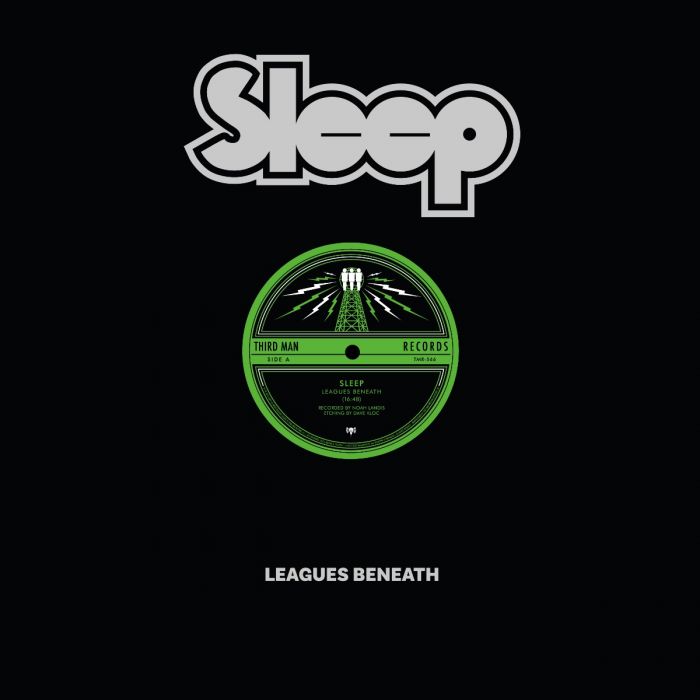
Leagues Beneath
Sleep’s comeback album has gotten all the attention, and deservedly so. But as if that wasn’t enough, Sleep snuck back onto the release calendar with a single a month later. Much like the re-formed group’s first release, The Clarity, this was released through Adult Swim’s Singles program.
At 16:48, this single is longer than anything on The Sciences. It’s slower, more drawn out than anything on The Sciences, instead recalling Dopesmoker. Highly recommended to Sleep fans, especially ones that dig Dopesmoker.
This should be combined with The Clarity for an EP release, maybe along with a third track. Both of these tracks are too good to just be floating out there as singles.
Best splits and collaborations

Let Our Names be Forgotten
That’s right, more Thou. If 3 EPs and a massive full-length wasn’t enough, they finished their 2018 output with this split album with Ragana.
As good as the Thou tracks are, Ragana is the star here. “The Void” is one of the best songs of the year, despite how simple it is. All 3 of Ragana’s tracks here are winners though, continuing what they laid out on last year’s You Take Nothing. It really seems like material worth saving for their next album.
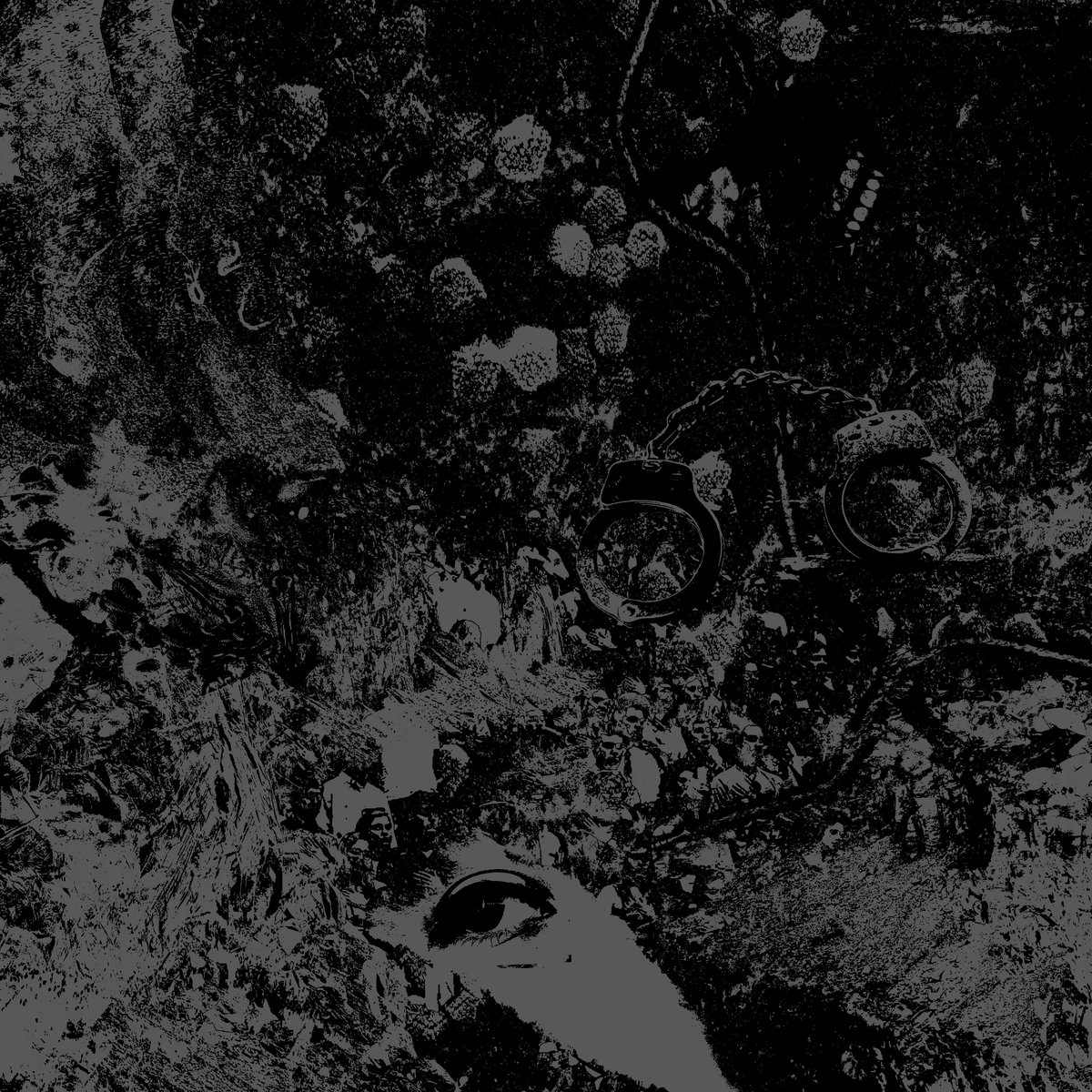
Split
Two great sludge/doom groups bring their “A” game to this split.
There’s really only one bad thing about this album: Unearthly Trance’s tracks should have gone first. Primitive Man’s material ends with a very long, quiet, drawn-out part, which really brings the album to a halt before Unearthly Trance’s tracks kick in. I imagine on vinyl, this isn’t much of a problem, but vinyl is dumb and archaic (don’t @ me) and the full album flow would have worked better if Primitive Man’s tracks closed out the entire album. I eventually got fed up and edited the track order in my Google Play account to rearrange them as such, and the album worked much better.
Flow issues aside, this is a nice bite-sized appetizer of both groups.
Stuff I Missed in 2017
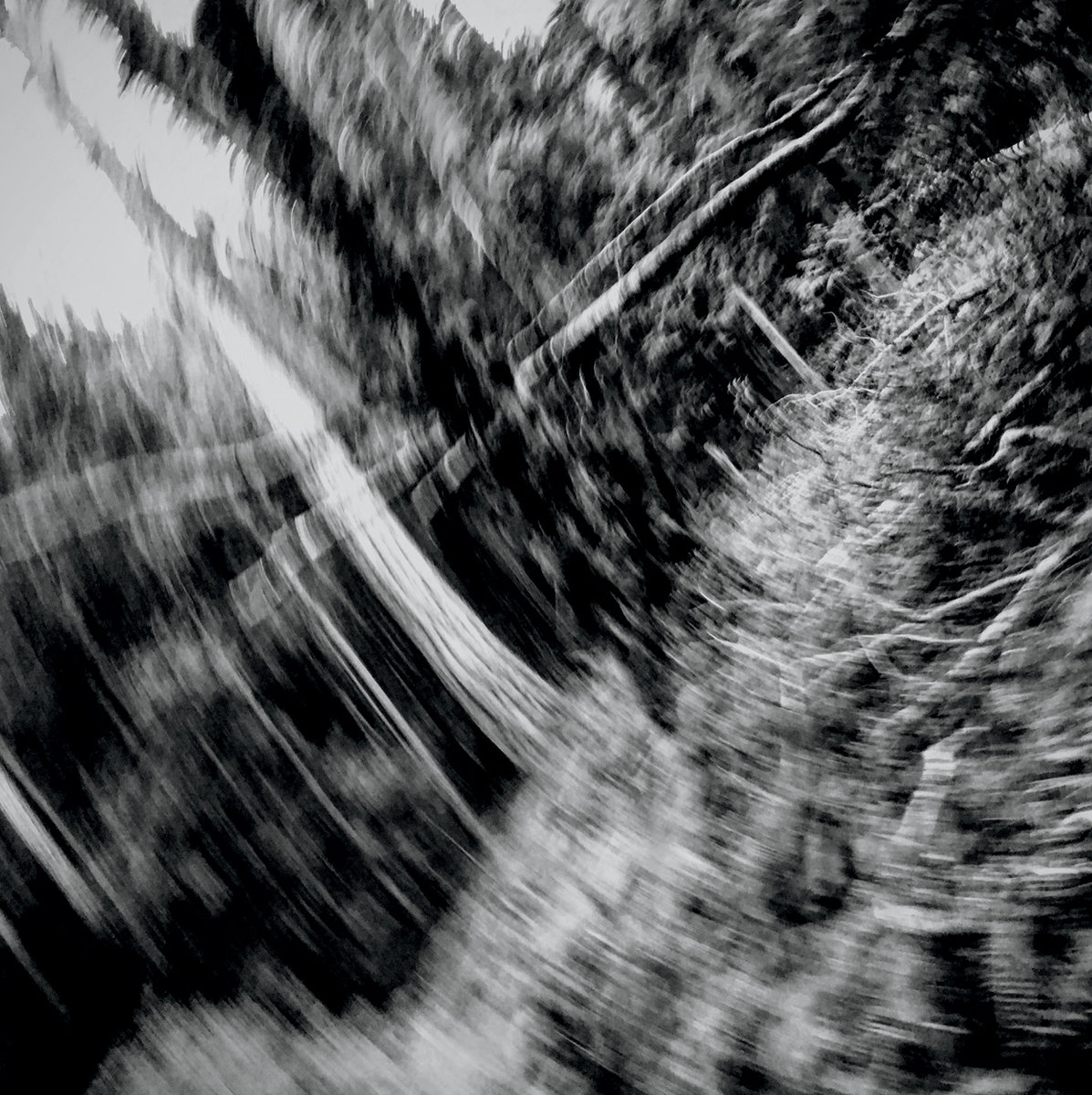
Void Masquerading as Matter
Google Play Music lists this as a 2018 release, and I was tempted to treat it as one, but it acually dropped in late November 2017.
Decibel Magazine called this “Toronto’s best blackened Mr. Bungle worship band”, which is a description I won’t even try to compete with. The surface style elements are all straight black metal, as is the overall tone. But musically, they take that starting point and just sprint off into different directions.
The amount of ideas packed into this 4-song, 36-minute album is dizzying.

Hell
Hell is a one-man project by a dude in Oregon that calls himself M.S.W.. The first three EPs released under this name were titled Hell I, Hell II, and Hell III. Now we get a full-length, and it is simply titled Hell. M.S.W. does not give one crap about your ability to Google search for this stuff (pro tip: “Hell MSW” will generally find it).
M.S.W. describes the theme of this project as relating to a “personal Hell”, rather than having any religious or anti-religious basis. It’s incredibly bleak, suffocating doom, living up to the imagery of the album cover. Hell will share a split LP with Primitive Man in 2019, and that’s a decent comparable band in terms of the kind of tone Hell achieves here, though with some stylistic differences. Hell achieves a more otherworldly sound, incorporating wailing vocals, violins, and a lot of sampled audio that is usually incomprehensible and unsettling. Whereas Primitive Man reminds me of human suffering in audio form, Hell is more like a scary place. Which makes the name appropriate.
Bonus Picks
- Hooded Menace - Ossuarium Silhouettes Unhallowed
- Great funeral doom-meets-old school death metal
- Windhand - Eternal Return
- Heavy fuzzy doom plus Dorthia Cottrell vocals still makes for a winner
- Mournful Congregation - The Incubus of Karma
- Slow, mournful funeral death/doom
- Eneferens - The Bleakness of Our Constant
- shoegaze-y post-rock album masquerading as black metal
- Cantique Lépreux - Paysages Polaires
- Quebec black metal. All the icy frozen landscape despair with no nasty white supremacist aftertaste
- Sinistro - Sangue Cassia
- Gothic doom/post-metal with sultry female vocals in Portuguese
- Harakiri for the Sky - Arson
- Better blackgaze than Deafheaven
- High on Fire - Electric Messiah
- High on Fire at their most Motorhead
- Churchburn - None Shall Live… The Hymns of Misery
- Crushing sludge/doom
- Devouring Star - The Arteries of Heresy
- Heavy, oppressing Finnish black metal with more than a little bit of death metal pulled into the mix
- Churchburn - None Shall Live… The Hymns of Misery
- Crushing wall-of-sound sludgey death/doom
- Tomb Mold - Manor of Infinite Forms
- Old-school death metal revival